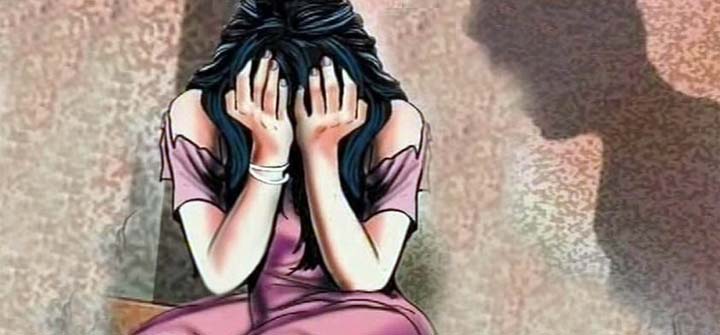Online Complaint Box for children to file complaints of sexual abuse launched
PIB
26 Aug 2016 6:32 PM IST

Next Story
26 Aug 2016 6:32 PM IST
An online complaint box for reporting child sexual abuse, the POCSO e-Box was launched by the Minister for Women and Child Development, Smt. Maneka Sanjay Gandhi in New Delhi today. Protection of Children from Sexual Offences (POCSO), e-Box, is an online complaint management system for easy and direct reporting of sexual offences against children and timely action against the offenders under...
